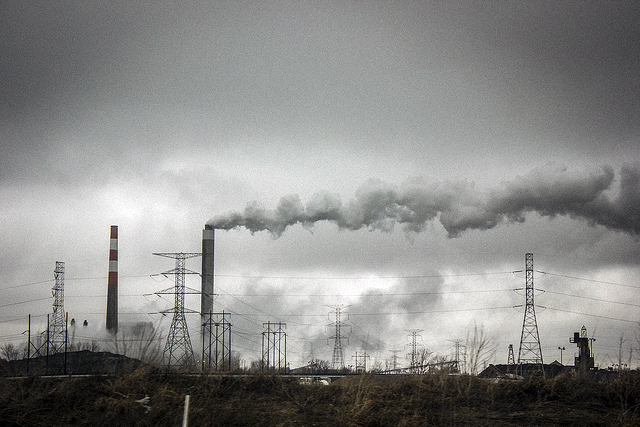The Fate of Nature in the Anthropocene

The earth — as we know it today — may cease to exist in the future. With this possibility arises the pressing need to rethink nature in the Anthropocene — the era in which human activities have had a significant impact on the earth’s ecosystems, especially since the advent of James Watt’s steam engine in the late 1700s. The Fate of Nature in the Anthropocene Collaborative Research Seminar brings together faculty and graduate students from the humanities and environmental sciences to develop a theoretical framework for the environmental humanities and to examine possibilities for an integrated approach to the recent environmental turn in the humanities.
The Fate of Nature in the Anthropocene seminar explores the complex meanings of the term Anthropocene and considers new and plural understandings of nature, the nature-culture web, and a post-human techno-nature. The term Anthropocene will be taken as shorthand for a series of ecological and social crises facing humanity in the twenty-fi rst century and beyond. Through the lens of the Anthropocene, the seminar will address key issues for the environmental humanities, such as climate change, energy sources, biotechnology, agricultural production, and environmental justice, and investigate how new theories of ethics and justice can be made applicable to resolving large-scale, complex environmental problems.